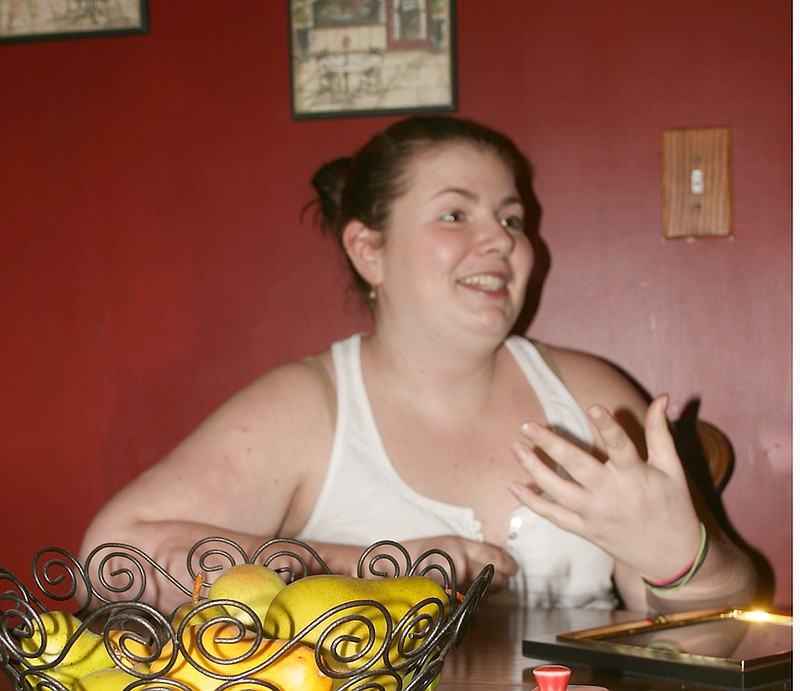In the spring of her junior year of high school, while her classmates were worrying about typical teen concerns such as who they were going to prom with and what they were going to wear, Laura Gregory was more concerned with whether or not she would ever be able to dance again.
At the age of 17, Gregory - who had been diagnosed with epilepsy at age 5 - underwent two craniotomies intended to put an end to the more than 100 seizures she suffered each day. Afterwards she had to relearn how to do even the most basic things, such as talking and walking.
In the years since then, Gregory - now 21 - has overcome those challenges and with the help of Job Point's Supported Employment Services program, was able to secure employment at Wal-Mart in Fulton, where she now works in the bakery department.
Job Point recently awarded Gregory with its Award of Excellence in recognition of her accomplishments in overcoming barriers that may have stopped most other people.
Although she was only 5 at the time, Gregory clearly recalls the first time there was a clear sign something was wrong.
"Dad was cutting the horses' hair and I was standing on top of the fence, and I said I was tired and I was going to take a nap, and I got down and then I just collapsed," Gregory said. "All I remember is I was so tired all I wanted to do was take a nap, and my mom wouldn't let me go to sleep."
A month later, she was diagnosed with epilepsy and in the ensuing years was prescribed a slew of medications to help control her seizures.
"I was on 20 different medications a day - about four times a day I was taking a big handful of medicine I had to take," Gregory said.
She described growing up with epilepsy as not being able to do a lot of things and having to deal with others' reactions to her illness.
"My parents were always cautious with what I did. My older brother would get to go out and do stuff that I wasn't allowed to do," Gregory said. "School was definitely hard for me because of all these rumors about (what was going on with me). People were scared to invite me over to do stuff - they thought my seizures were contagious."
The summer before she started high school, Gregory visited the Cleveland Clinic in Ohio, where doctors decided she needed brain surgery, but, "at that point I was too scared to do it."
"I didn't want to go to my first year of high school bald - that was my biggest fear, that they would have to shave my head," she said.
By her junior year, however, Gregory's concerns took a different direction.
"I had to be home-schooled because I couldn't move or do anything, I was having more than 100 seizures a day," she said.
That spring, a surgeon in St. Louis finally diagnosed the cause of her seizures. Gregory's brain had not fully developed - there was a quarter-sized portion of her brain that hadn't developed and was collecting fluid.
It was then that Gregory had to undergo her two craniotomies and months of physical therapy.
"I had to learn basically everything over again: How to walk, how to talk, how to write," she said.

